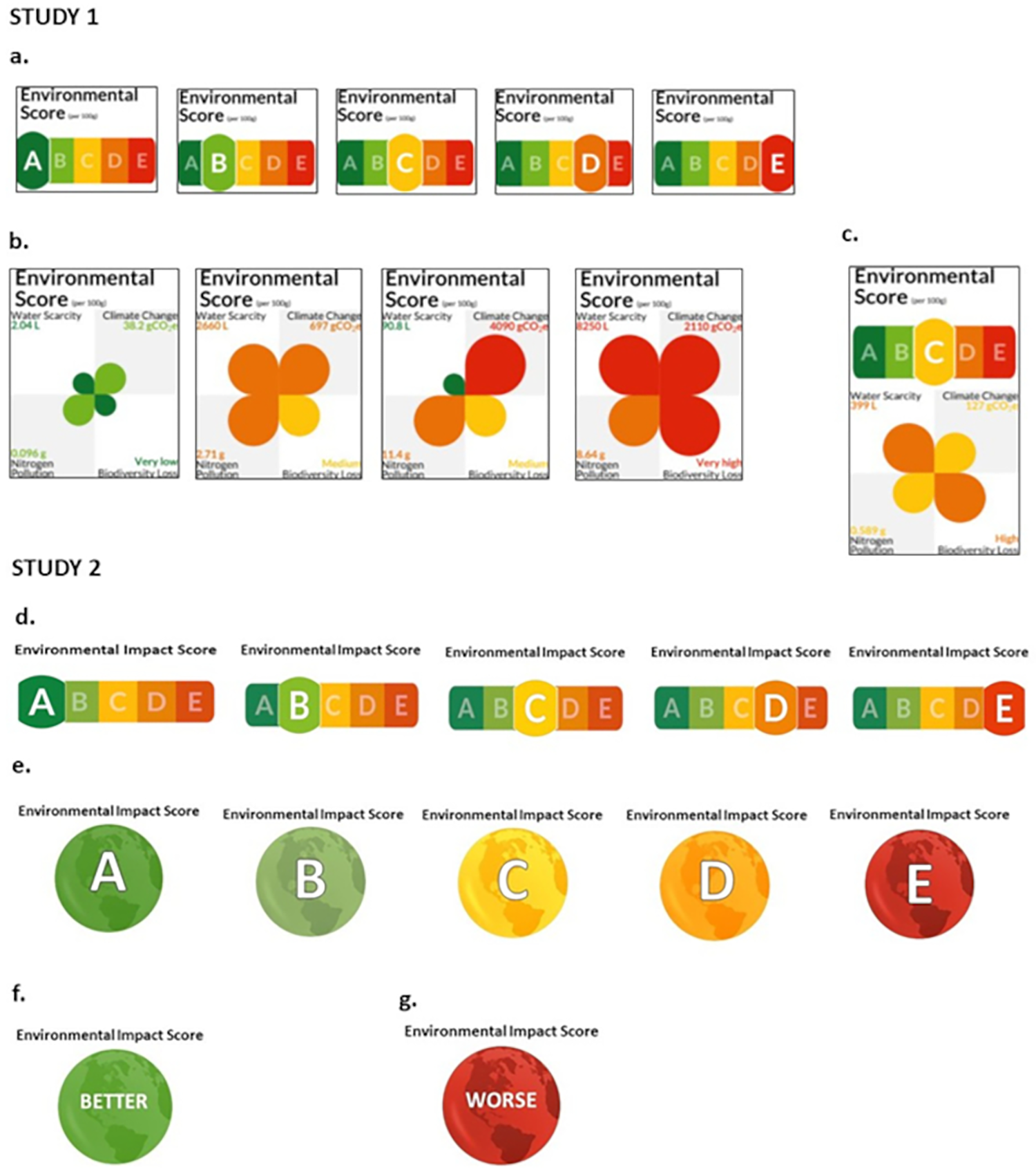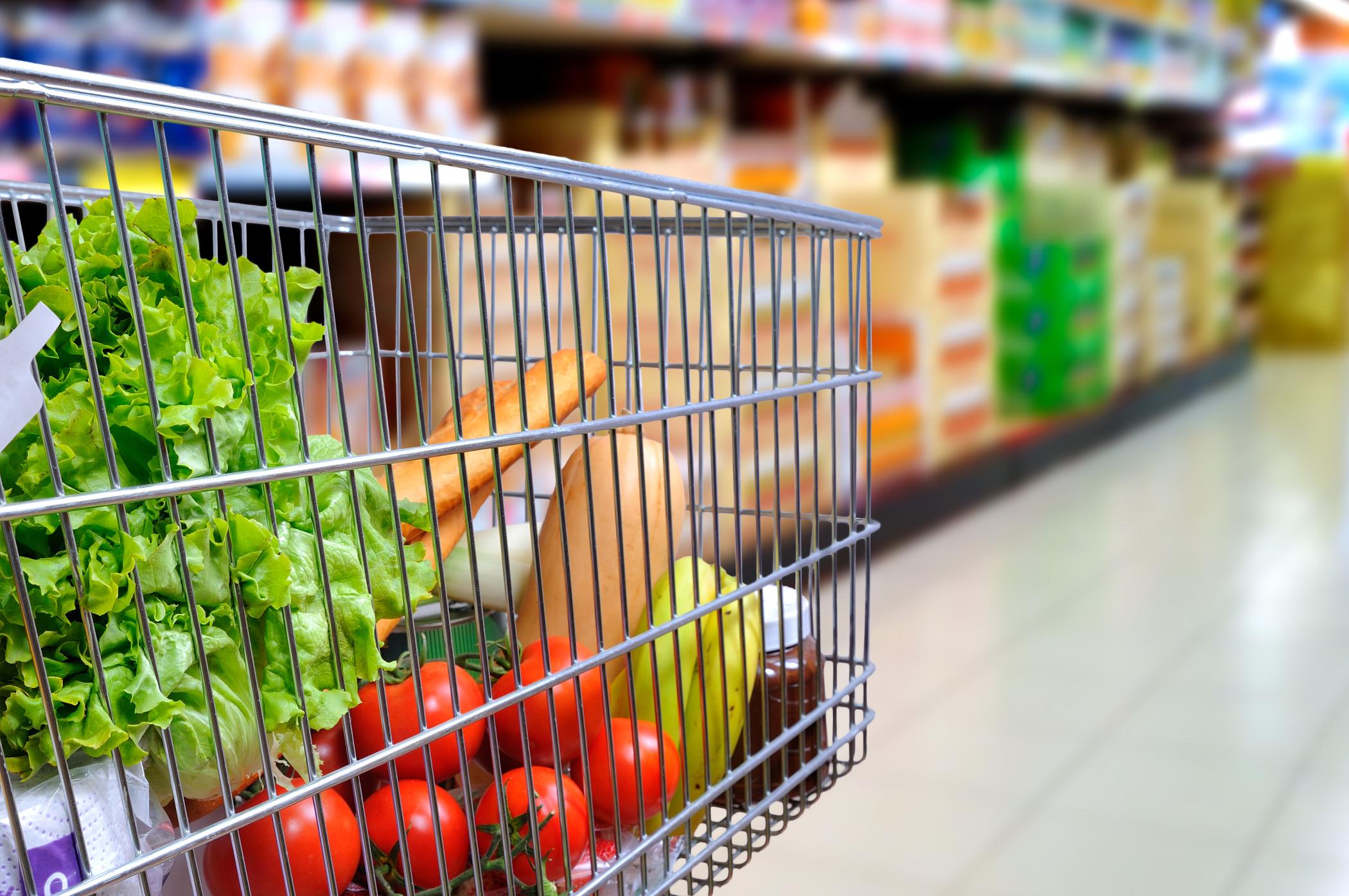Food ecolabels: trusting what you put on your plate

Did you know that the very first nutrition labels originated in the 1850’s due to a series of food poisonings? That’s right, contaminated milk and fruit murdered President Zachary Taylor at a picnic, making him the most notorious food poison victim at the time and marking the beginning of mandatory food labels.
Since then, food labels have evolved to include all sorts of information such as allergens and sustainability. And we trust these labels when we make choices to reduce our environmental impact when we buy food at the supermarket.
Why are ecolabels important?
Ecolabels can increase consumer awareness of environmental issues, influence purchasing decisions, and encourage the adoption of more sustainable consumption patterns.
Ecolabels indicate a product's environmental sustainability or eco-friendliness. They provide information to consumers about the environmental impact of a product, allowing them to make more informed choices. Many existing ecolabels, such as Fairtrade or Marine Stewardship Council (MSC), are based on Standards that encompass a range of social, governance and environmental factors.
Many ecolabels are also based on activities and practices rather than quantitative environmental outcomes. But recent research from a team including at the University of Oxford suggests that providing clear, quantitative information about environmental outcomes across all products can help supplement existing labels and allow people to make better choices.
How effective are ecolabels in virtual settings?
The research focused on two ecolabel studies, the first study looking at whether consumers would make more conscious choices independently of the product having an ecolabel or not. The second study compared the effectiveness of different ecolabels designs. Both studies were conducted in a mock online grocery shopping context
The research found that ecolabels in general encouraged people to choose food with lower environmental impacts.
But the first barrier we face when looking at food labels is that designs vary, formats are different and even the information displayed may be sourced from different organisations altogether – so how do consumers navigate and make sense of this?
A lack of standardisation when promoting food’s sustainability may create confusion and an attentive consumer may find themselves in a pickle – and not buy any pickles at all!
The study found that a simple label with an environmental impact score was as effective as more complex labels but reduced risk of confusion. It recommended the creation of a standardised ecolabel that would be clear and increase consumer awareness. The team concluded that this standard design should ideally be similar between countries – like current organic certification – so that it can be easily understood in different contexts.

How do ecolabels impact consumers' choices in cafeterias?
Oxford Smith School’s Dr Mike Clark also co-authored research looking at the impact of ecolabels in cafeterias.
A randomised control trial was conducted in a cafeteria setting in 2021, where 1) there were no labels and 2) an environmental impact score (A-E) label was added next to the hot meal options.
The study revealed that, when labels were applied to the hot meals, purchases remained largely unchanged. However, this may be because most hot meals had an ecolabel classified as ‘D’ or ‘E’, meaning that customers had two ‘bad’ options to choose from. In many cases, the only low impact option in the menu was soup, which may not be viewed as a direct alternative to hot meals. A new study where the mains have a larger range of ecolabels, ranging from ‘A’ (lowest impact) to ‘E’ (highest impact) should be done to further assess the effectiveness of ecolabels.
This and other research is a key part of the work done by the Smith School’s Sustainable Food Programme, which is working to understand how to shift food systems towards healthier and sustainable outcomes.
For example, Dr Clark recently investigated the environmental impact of 57,000 multi-ingredient processed foods – the first time this had ever been done. This research provides a framework on how to assess the environmental impact of complex food products at scale, and could help support informed decision-making on the environmental impacts across a huge range of daily supermarket food products.
Can we trust existing ecolabels?
Research has shown that consumers shift their choices when presented with food products labelled as low environmental impact.
But can we trust them? While many longstanding ecolabels are linked to rigorous standards and third party accreditation, there is a new type of ecolabel on the market: claims that products are ‘carbon-neutral’ or ‘climate friendly’.
An article by the Guardian uncovered the reality of some of these claims: products marketed as carbon neutral by using offsetting fail to demonstrate how effective these offsets are. Some companies claim they are offsetting through reforestation but there is no monitoring of these offsetting projects, meaning there is little impact on real conservation efforts.
Despite strong alignment on what net zero means, for example, through guidance from the UN High Level Expert Group on Net Zero and the ISO Net Zero Guidelines, of which Smith School researcher Kaya Axelsson was a lead technical author, there is not yet strong enough regulation on when products can legitimately claim to be net zero or carbon neutral. And many companies market these claims without explaining to the consumer in exactly which way they are contributing to climate action.
ASA & CAP recently updated their guidance on how companies should market their net zero and carbon neutral claims, and the EU is set to ban unsubstantiated ‘climate neutral’ claims by 2026 to crack down on the greenwashing of consumer products.
Policy measures are necessary to standardise environmental and climate impact labelling systems and there should also be measures in place to ensure that companies prove that their claims are legitimate.
Alexis McGivern, Net Zero Integrity Manager, said:
We have seen a huge increase in the number of products being labelled ‘climate friendly’ or ‘carbon neutral’ without any evidence to back this up. To achieve global net zero emissions we need consumers to vote with their wallets and choose sustainable products – but they can’t do that if they can’t trust the labels. Our research tracking emerging regulation on net zero within the G20 shows that, increasingly, these claims will be subject to regulation, as we’ve seen recently in France.

Ecolabels are only the start
Despite evidence showing that ecolabels may be effective at shifting consumer choices towards more sustainable foods, and that this may have knock-on impacts for supply chains and food producers, it seems that ecolabels alone are unlikely to shift food systems in a way that will meet environmental targets.
Fortunately, ecolabels provide a foundation for other ‘nudges’ and changes to our food systems, supported by quantitative environmental metrics. These could include suggesting shopping basket swaps during an online shop, shifting availability of food products to emphasise both healthy and sustainable foods, changing pricing (or club card promotions) based on the sustainability of products, and many others!
Research in this space is ongoing. The key is identifying whether these and other nudges will be adequate to meet food-related environmental targets, or if instead additional and more top-down policies will be needed to shift towards healthier and more sustainable food systems.
In conclusion…
Ecolabels can play a crucial role in influencing consumer choices, providing valuable information about the environmental impact of food products and guiding consumers towards more sustainable choices. However, there is a need for standardisation to enhance awareness and trust in ecolabels, and enhanced monitoring of the accuracy of ecolabels' claims.
Almost 200 years ago, we started labelling food products to keep our bodies healthy. It’s time to label food to keep our planet green.




